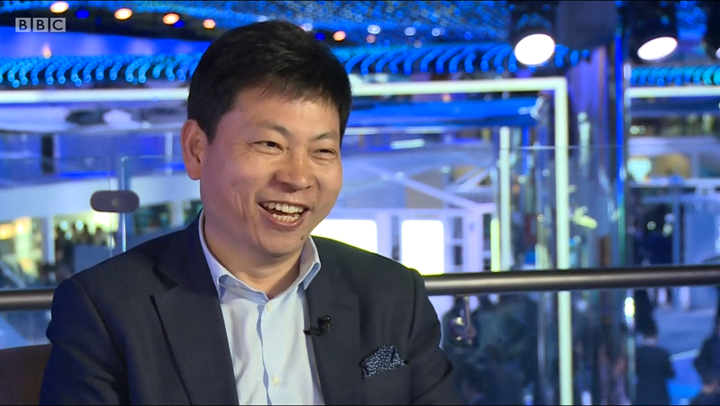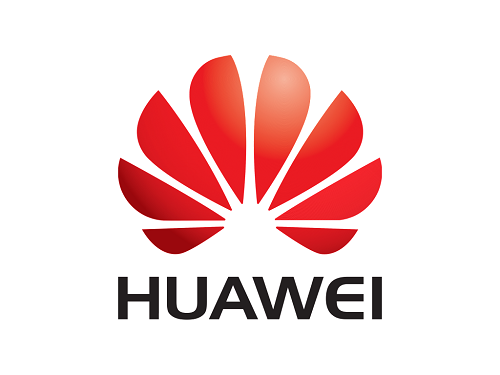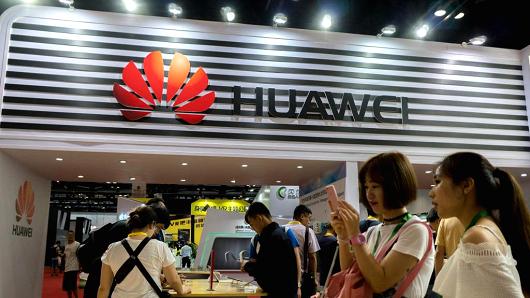Huawei Chief Richard Yu Speaks Up: The US is Scared
As you may recall, the USA’s FBI, along with the country’s security departments, has voiced their concern over letting Huawei and other Chinese mobile manufacturing companies handle their country’s communications infrastructure, barring the Chinese companies from getting a foothold in the US market. It isn’t a baseless fear: China and the USA have always been trying to one-up on each other concerning cyber attacks and cyber security for years. But that’s assuming that Huawei is deeply in league with the Chinese gov’t.
Huawei’s chief executive, Richard Yu, sees this differently and in an interview with BBC, states that the USA gov’t is afraid of Huawei because of Huawei has close ties with China, but because they’re afraid of competition.
Huawei is No.1
In the interview, Mr. Yu claims that Huawei has the potential to become the no.1 mobile manufacturing company in the future. This isn’t him making a baseless brag: Huawei’s rise in the mobile industry is well documented over the years. In fact, in 2016, Forbes.com published an article with the title stating that the company is “growing up to become the world’s no.1 smartphone brand.” The article states that after Huawei changed business strategies they became a more well-known brand, enough to be a threat to both Apple and Samsung.
There are so many stories about Huawei’s rise that there are even conflicting stories about how Huawei will overtake Apple, with the two being the biggest mobile phone manufacturers today. For example: in September of 2017, the news site Telegraph posted an article claiming that Huawei has overtaken Apple as the 2nd largest smartphone maker in the world using the figures obtained from Counterpoint Research. Just a month later, CNBC published this article talking about how Huawei might surpass Apple, according to an IDC analyst.
But Huawei isn’t all perfect: CNBC also reported that Huawei had it’s slowest revenue growth last year. Techradar then reports last month that Chinese rival company Xiaomi, had more growth in 2017 than all three leading companies combined.
But it seems this doesn’t dampen Huawei’s optimism. They attended the MWc 2018 in Barcelona, Spain to showcase, not their new phone, but the current state of technology for the company and its plans for the future as the company build and expand, not only the devices they sell to their customers but also the infrastructure they’re devices will depend on.
A Real Threat
Of course, any company will see this kind of growth from any company as a threat and will act accordingly like any rival company would: try to win against them in any way they can. And when we say “any way they can” you can’t rule out dirty marketing tactics, like discrediting your opponent. This is What Richard Yu thinks what is happening now: rival companies see Huawei as a threat so they made up stories and somehow used them through the FBI and other United States security agencies. Of course, just as these security agencies have no solid proof that Huawei is a spy for China, Huawei has no proof of this accusation against its rival companies. They are, however, sure that they are not China’s spy.
In Barcelona, Mr. Yu said that Huawei does not have any issue on privacy and cybersecurity, and that they are are doing better than the others. He also mentioned that Huawei is transparent follows local laws.
He added that all carriers from the US want to make business with Huawei, and although the US government and other competitors do not compete with Huawei in terms of technology, they are using politics to keep them out, which is unfair. They worry Huawei is too strong. He did not specify who these competitors are but it isn’t like there are other rivals in the market anyway.
Will this stop Huawei from reaching their goal to become the no. 1? Most likely not: while the US market might be closed for them for now, Richard Yu said in the BBC interview that he can foresee a future where the company will eventually be able to do business in the US and become no. 1 globally.


